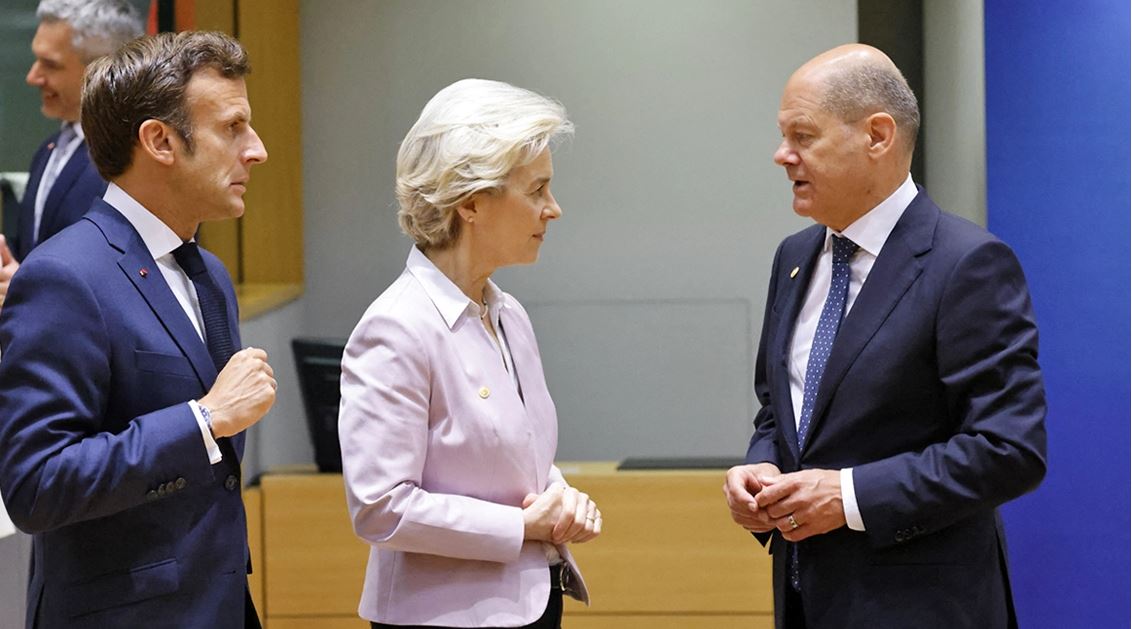OPEC said it would cut oil production next month, the group’s first output reduction since the depths of the pandemic, as it braces for a global economic slowdown to hit demand.
The Organization of the Petroleum Exporting Countries and allied oil-producing nations, including Russia, agreed to shave 100,000 barrels per day off their production targets in October.
Just a month ago, the OPEC+ group agreed to increase production in September by the same small amount — equivalent to about 0.1% of global demand — after coming under intense pressure from the United States and other big oil consumers to do more to bring down energy prices and inflation.
OPEC+ agreed to “revert to the production level of August 2022 … noting that the upward adjustment of 0.1 [million barrels per day] to the production level was intended only for the month of September 2022,” the group said in a statement.
Brent crude futures — the global benchmark — traded up 3.6% to $96.40 a barrel at 8.45 am ET on Monday.
But a drop of more than 20% in global oil prices since the beginning of June — US oil prices fell by 7% in the last week alone — has focused producers on the risk that a sharp economic slowdown in China, the United States, and Europe will sap demand for their barrels.
Amid the rising costs of energy and Russia’s decision to completely cut off the flow of natural gas to Europe until sanctions are lifted the EU is trying to mitigate the compounding effects by considering a series of measures.
The outline of the measures
The President of the European Commission yesterday outlined the guidelines of the support package, which will include:
· Reducing electricity demand
· Imposing a cap on Russian natural gas
· Strengthening vulnerable consumers and businesses
· Activating a support mechanism for electricity producers facing difficulties
As for the relief of households and businesses with the imposition of a cap, the final proposal is still being formulated, with the chances of adopting a mix between the “Iberian” (imposition of a cap on the price of natural gas), and the “Greek” model, but also the extraordinary taxation of the excess profits of the companies, a proposal that the Vice Chancellor of Germany is working on, without even ruling out a combination of them.
Ask me anything
Explore related questions





